Monocouche rendering is an excellent option for many Sedgefield homes, but if you're not quite sure what it is, what its advantages are, or how much (roughly) it may cost, then you'll want to find that out before deciding to use a monocouche render for your Sedgefield home.
But don't worry! Here at MisterRender, we're experts when it comes to all types of rendering, including monocouche renders, so we can provide you with all the information you need to decide if you want to choose monocouche rendering as your rendering option.
Ready to find out more? Then let's jump right in.
The term 'monocouche' literally translates from French to English as 'one coat', because these typically only need one coat in order to protect the external walls beneath. This one coat is usually applied in two passes to give an even coating.
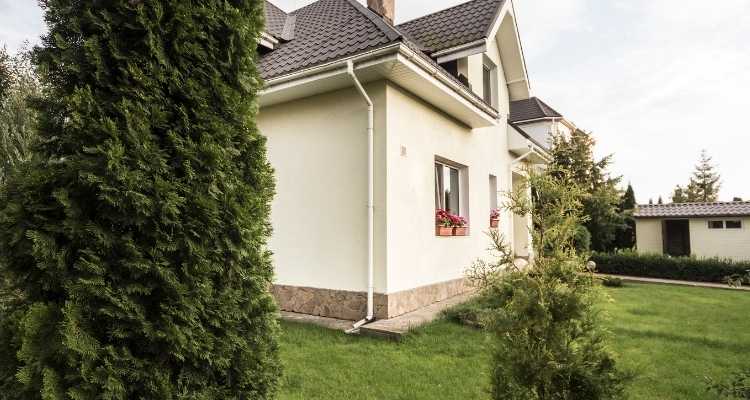
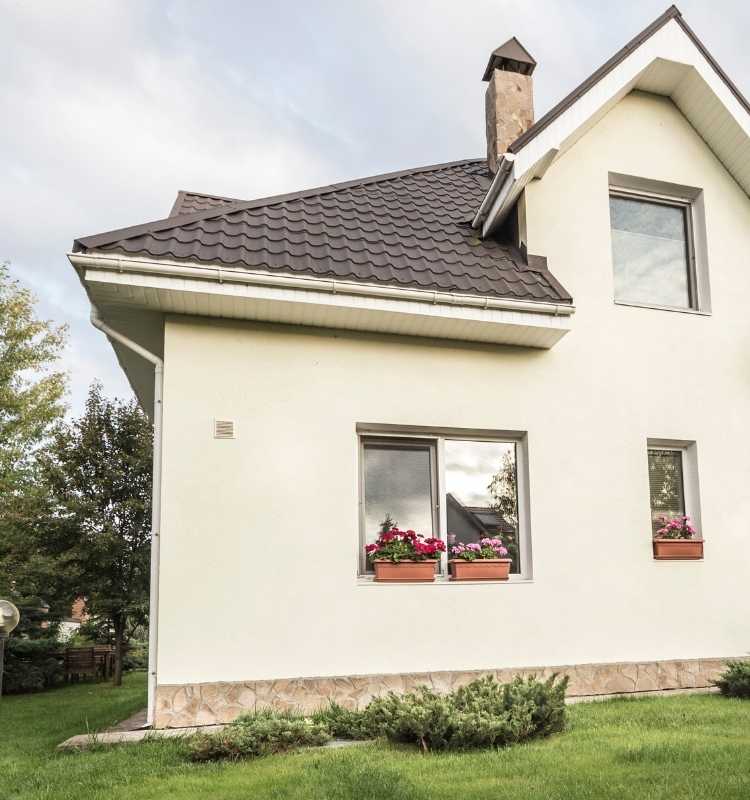
Besides only needing to be applied in one coat (a traditional render typically requires at least two, a base coat and a top coat - and sometimes a finishing coat after that), monocouche rendering differs from traditional rendering in a number of ways.
Most noticeably, the decorative finish that monocouche renders provide is immediately obvious. That's because a monocouche render is a through-coloured render, meaning it already has coloured pigment mixed through it to make it more aesthetically pleasing. Most traditional rendering options don't allow for this level of personalisation, since you can choose the colour you prefer with monocouche renders, but there's no colour mixed into a traditional cement render or sand and cement render, for example.
Since it's a through-coloured render, you also don't need to undertake any painting work to finish the final look. The colour is already there, so your monocouche render needs much less attention than other renders, which typically needs painting regularly for the perfect finish.
Finally, the last main difference between a monocouche render and more traditional rendering options is the thickness. Monocouche render is a thin coat render that only needs to be applied once, at a thickness in the range of 15-25mm. Thin coat renders are often the better choice for those looking to save money on labour costs, as the single layer applied directly to the brickwork, cement, or masonry beneath is a much more cost effective option.
Other modern options like silicone rendering, for example, offer many benefits that are similar to monocouche rendering, but they do differ in some major ways.
One such way is the application method again. A monocouche render typically only needs one coat to remain strong, but many of the modern options need at least two, just like more traditional options.
Monocouche rendering also has the benefit of providing a sleek, flat finish to the exposed brick or other construction materials that it may be laid over, but not every modern render can provide this finished look to a property.
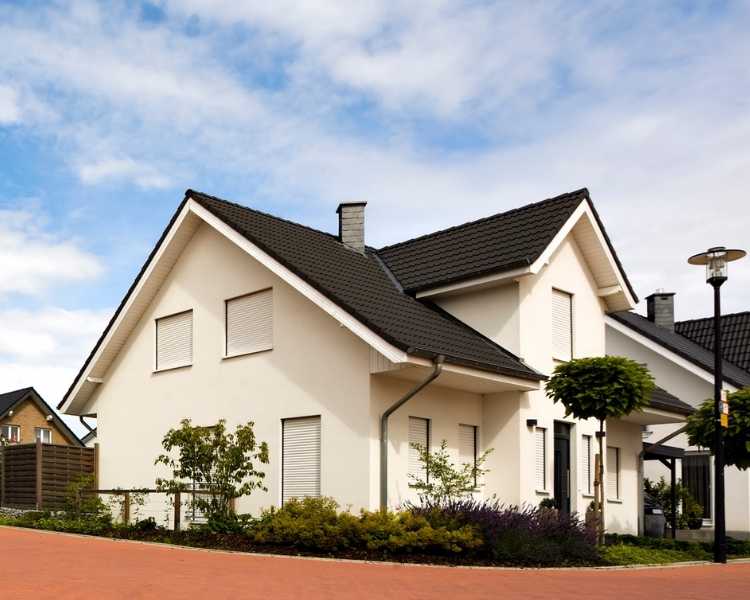
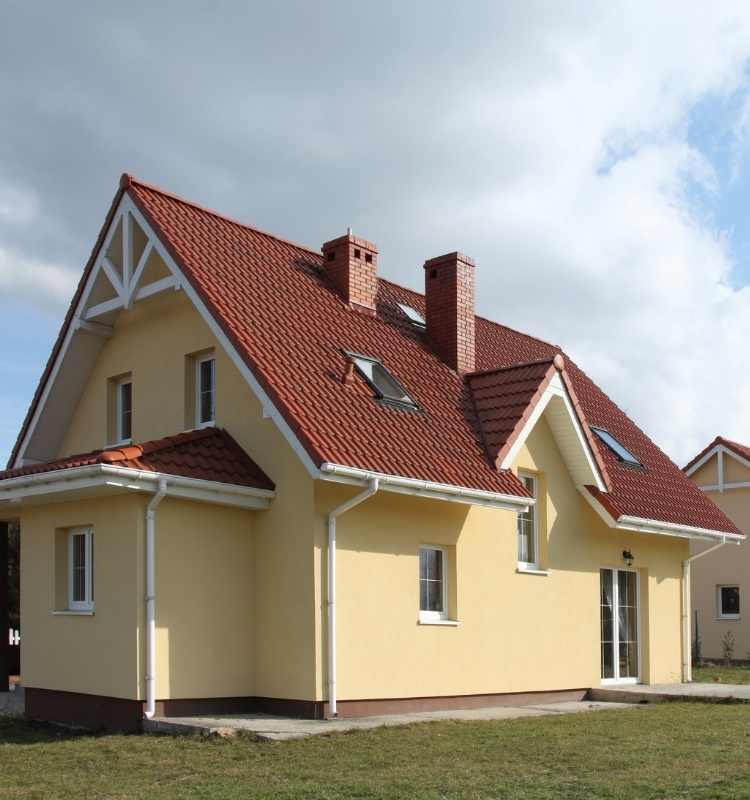
Monocouche render is a dry powdered render, meaning it comes in bags and just needs water added to it to turn it into a spreadable consistency that can be applied to the exterior walls of your property. It's cement based, and has coloured pigment mixed through, which allows you to buy it in all sorts of colours.
It can then be applied using a hand trowel or a spray gun, depending on who is completing the job for you and how they prefer to apply the render. It's important that you choose someone with experience in the rendering and construction industry to complete your monocouche work, as applying it in a thin, even coat is vital if you want to achieve that smooth finish.
(It's also possible to scratch your monocouche before it dries to give it a pitted effect and more texture, but this comes down to personal preference and should be discussed with whoever is completing the job before they start work.)
It typically takes two passes of the single coat to ensure the building beneath it is properly protected.
Depending on humidity levels and the weather, a monocouche render should take between 5 and 36 hours to fully dry. But the dry time isn't as important as other rendering options since you won't need to apply another coat.
Despite only being applied in a single coat, no, monocouche rendering rarely cracks or breaks as it's actually designed to be crack resistant.
Things can quickly become confusing in the rendering world, and even though monocouche rendering is cement based, cement renders are not the same.
The major difference is the type of cement used. The cement in traditional cement rendering is pretty bog-standard, but the cement used in monocouche rendering is developed in a way that allows for the colours to take effect and give a more attractive finish to the rendered walls.
Again, despite both silicone renders and monocouche ones using colour, they are different.
A silicone render uses silicone to make it resistant to cracks, and is applied over a reinforced base coat to make it even more so. A monocouche render differs from a silicone render here because it doesn't use silicone (instead opting for other plastics and additives) and it only requires one coat. Silicone rendering is often more expensive too.
The exact cost for your monocouche rendering is difficult to give without first seeing your house and determining what work would need to be carried out, but on average it is between £55 and £75 per square metre, including the materials and labour.
It's noticeably more expensive than cement, around 8x so, but that's because so much is added during the manufacturing process to make it a superior choice.
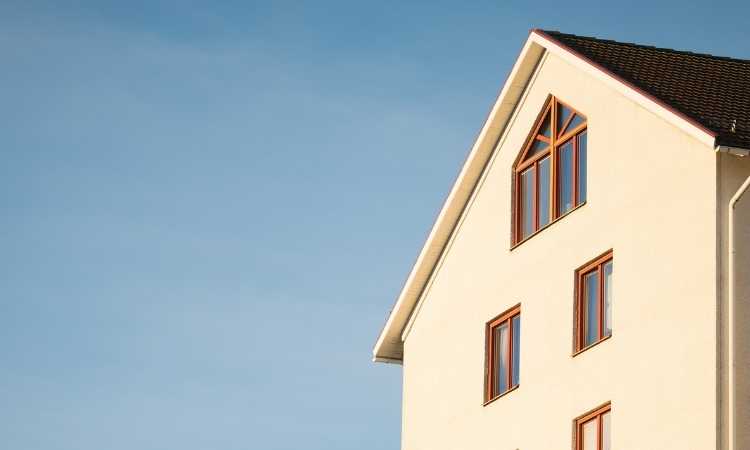
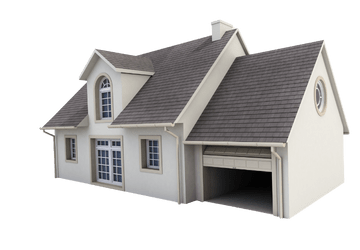

There are many reasons for monocouche rendering being a very popular choice amongst homeowners, despite the initial high cost, so we'll round them up here so you can decide if it's worth it to you:
Monocouche rendering is completely waterproof and offers great weather protection against all manner of adverse weather conditions, making it especially popular here in the UK where poor weather is a given. Protection from the elements is important, and monocouche rendering provides that.
Continuous maintenance is never a good thing with rendering, and since monocouche render is so durable, already has colour mixed in (so no paint is required) and has a longer lifespan of 25+ years, it's one of the most popular choices for homeowners.
Heating bills and energy bills will come down since your house isn't taking a beating from the elements any longer. But monocouche rendering also has high thermal efficiency, too, making it even kinder to your bank balance.
We keep saying it, but a render in one coat is a brilliant thing!
With a range of renders available, you need to pick one that's right for your Sedgefield home. Perhaps it's monocouche, but you should speak with professionals first to be sure.
Here at MisterRender, we can provide all the advice, information, and reassurances you need, and then carry out the work for you. So reach out to our Sedgefield team today - we look forward to hearing from you.
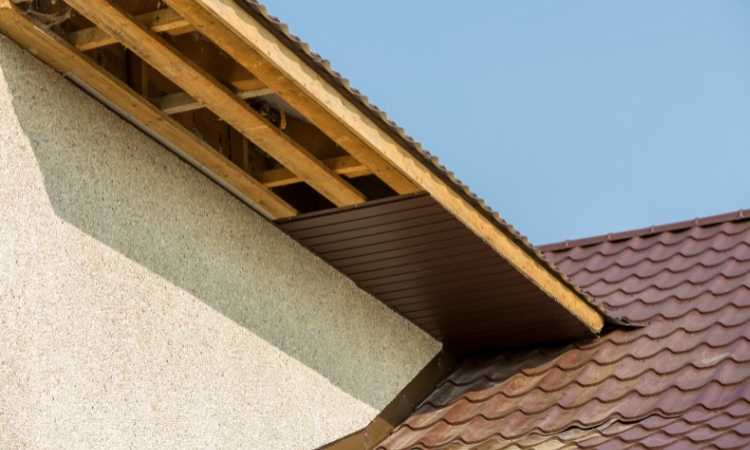
The use of conventional white Portland cement as a binder in a monocouche render composition allows the maker to add pigment to achieve a variety of specific colours. Because standard renderings are made with grey Portland cement, they cannot be successfully coloured.
Monocouche renders combine the texture and flexibility of traditional lime renders, which helps to minimise cracking, with a hard-wearing, low-maintenance finish that is weather resistant and visually pleasing.
Is it okay if I paint my monocouche render? Yes, because monocouche is very absorbent, it will be akin to painting naked standard render.
We recommend that you give our Monocouche Scratch Render a moderate pressure wash or hand wash every 6-12 months (or whenever it's looking a little filthy). This should reduce the need for harsh cleaning agents in the future (which could break down the render).